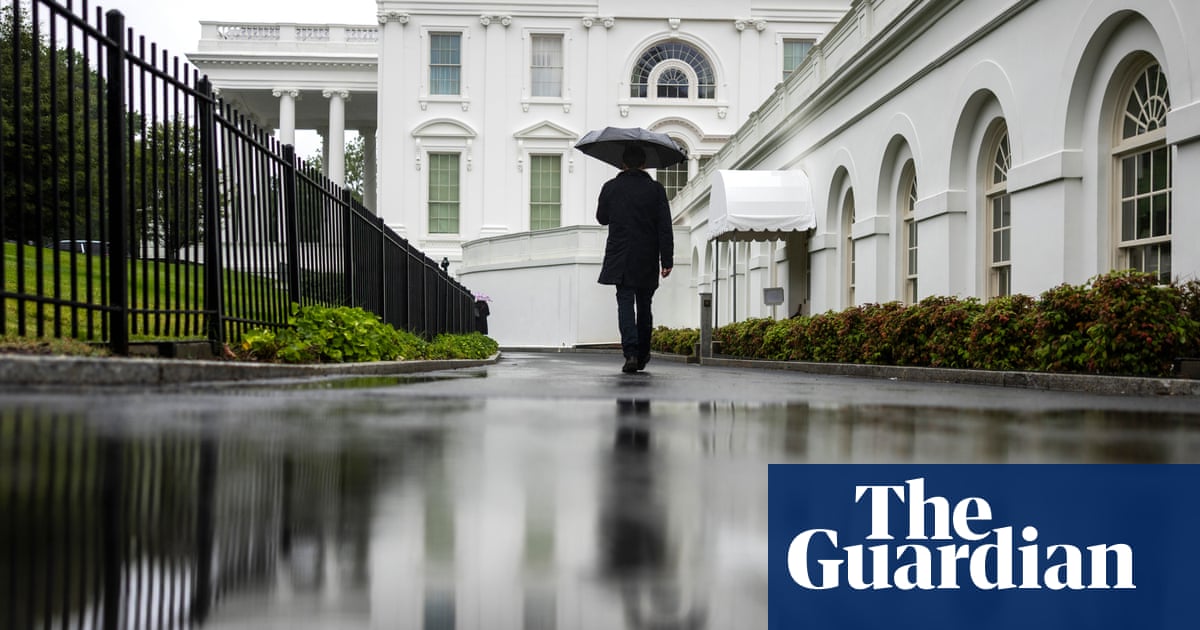Republicans and close allies ofDonald Trumpare railing against a federal judicial panel whoblockeda wide swath of the US president’s tariffs Wednesday night, including those against China.
Some attempted to frame the decision as part of a broader fight between the Trump administration and US justice system. Trump has frequently complained about legal decisions that don’t go his way, attacking judges on social media in ways that have alarmed civic society experts.
“The judicial coup is out of control,” Stephen Miller, White House deputy chief of staff, wrote on X.
Conservative influencer Laura Loomer also called it a “judicial coup” on social media.
In astatementto Fox News, White House spokesperson Kush Desai said: “It is not for unelected judges to decide how to properly address a national emergency.”
“The administration is committed to using every lever of executive power to address this crisis and restore American Greatness,” Desai said.
The panel of three judges in the US court of international trade based out of New York ruled in favor of groups, including the state government of Arizona and Oregon and several small businesses, who argued that Trump exceeded his executive authority when implementing broad tariffs.
In its decision, the panel said that the Internal Emergency Economic Powers Act (IEEPA), which Trump cited in his executive orders instituting the tariffs, does not “delegate an unbounded tariff authority onto the president”.
Democrats involved in the lawsuit praised the ruling saying it’s a victory for “working families, small businesses and everyday Americans”.
“We brought this case because the constitution doesn’t give a president unchecked authority to upend the economy,” said Dan Rayfield, Oregon’s attorney general, in a statement. “This ruling reaffirms that our laws matter, and that trade decisions can’t be made on the president’s whim.”
The ruling does not impact specific tariffs Trump has placed on industries including aluminum, steel and cars. The White House has filed an appeal with the US court of appeals.
In the hours before the US stock market opened on Thursday, stock futures jumped on the news, signaling Wall Street’s elation with an indefinite pause on the tariffs.
Sign up toThis Week in Trumpland
A deep dive into the policies, controversies and oddities surrounding the Trump administration
after newsletter promotion
Trump and his supporters have targeted the broader US judicial system over the last few years after Trump became the target of several lawsuits over his businesses and handling of the 2016 and 2020 election. Last year, Trump was found guilty of falsifying business records and making hush money payments during the 2016 election.
After Trump’s second term began, the court cases and impacts of the rulings largely faded away, but Trump has continued to call the judicial system “corrupt”.
Over the last few days, Trump has issued a slate of pardons for people who were close to his supporters and donors, saying that they were all convicted and sentenced to prison by a justice system under the influence of Joe Biden.
Of a former Virginia sheriff who was sentenced to 10 years in prison for fraud and bribery, Trump said: “Sheriff Scott Jenkins, his wife Patricia and their family have been dragged through HELL by a Corrupt and Weaponized Biden DOJ,” Trump wrote on social media Monday.
Trump alsopardonedthe reality TV star parents of a woman, who were sentenced to prison for over $30m of fraudulent loans, who spoke at the Republican national convention last summer and claimed that “we have a two-faced justice system”.
